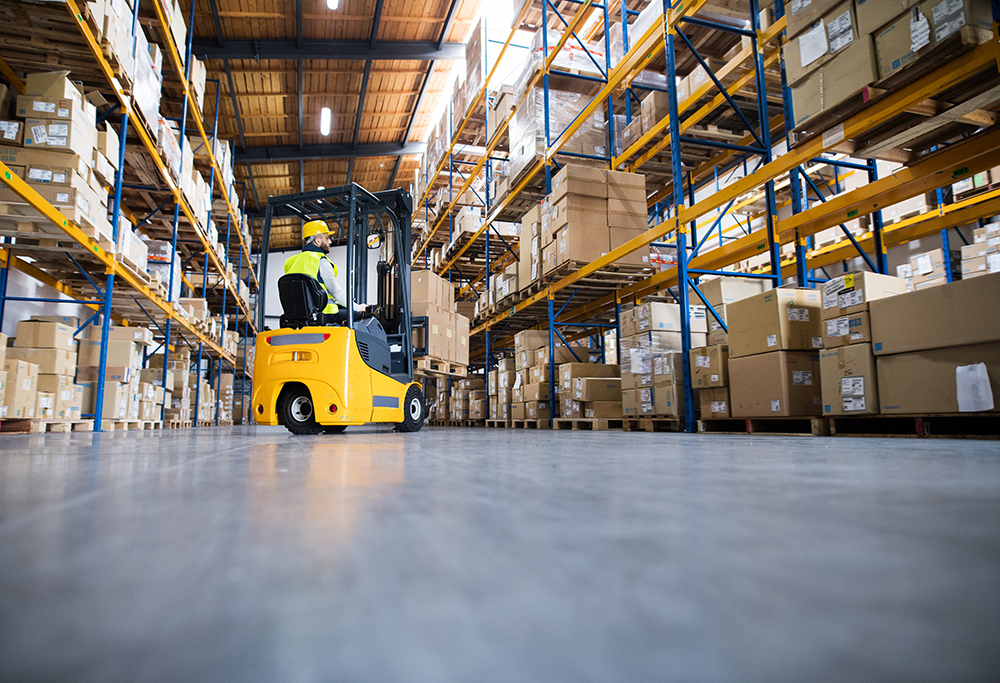3 Ways Big Data and Other Tech Trends are Changing Warehousing
As the pace of innovation races towards never before seen speeds, many industries are being forced to undergo massive changes. The impact of contemporary tech trends have played a huge role in shaping CRE – and the metamorphosis is only just beginning.
The industrial sector is one of the areas most affected by big data and tech growth. While these groundbreaking tools help to streamline workflows and increase efficiency, they also come along with their own set of challenges.
Let’s analyze these 3 key ways that technology is transforming the warehousing industry – and how CRE needs to support these changes.
AI Automation
One of the most notable changes within warehousing is the massive increase in robot use. As AI technology continues to advance, these devices are able to complete complex tasks with striking efficiency rates.
Amazon, one of the world’s most influential companies, is a huge proponent of tech’s encroachment into warehousing. As the world’s largest e-commerce retailer, Amazon’s warehouses contain an intimidating collection of about 45,000 robots – a greater headcount than that of the Netherland’s entire army.
The current numbers mark a 50% increase when compared to the end of 2018, where the company reported only 30,000 robots in use. These figures demonstrate the widespread move towards creative automation within the warehouse industry.
Cloud Software
The marriage between cloud technology and warehousing totally changes the game. This incredibly helpful technology is popular amongst warehouses, where it is revered for its groundbreaking developments for the industry.
Cloud-based software enables warehousing to keep better control over changing inventories, even when the physical environment gets hectic. Cloud technology allows for on-going updates and guarantees up-to-date information across all spectrums, which limits disruptions within the warehouse scene. Since this data bank is usually remote, it also limits the space needed to store information.
Software Path’s 2019 WMS Report indicates that 91.5% of businesses were considering a cloud-based WMS in their current selection project. Cloud management systems are key components in the future of industrial.
Big Data
In any business endeavor, information means everything. The more you know, the more strategic moves you’re able to make – helping to reach goals and attain success. The popular term “big data” is defined as a colossal data collection which is digitally analyzed to hone in on trends and patterns, most of which couldn’t be detected by human senses alone.
This hits the warehouse scene through the use of barcode tools and technology. Big-name brands with massive warehouses utilize barcode scanners to keep track of each and every individual item which passes into, through, and out of their facilities.
It doesn’t stop there – barcodes are now more advanced than ever, with capacities that elevate warehouse efficiency to an entirely new level. On the topic, SystemID shares that warehouse workers can glean valuable information like origin, destination, photographs, price, stock levels, and more with just the scan of the code.
All these advancements occurring in the warehouse industry are thanks to developing technology. After all of this, the biggest question on everyone’s mind is “what can possibly come next?”




